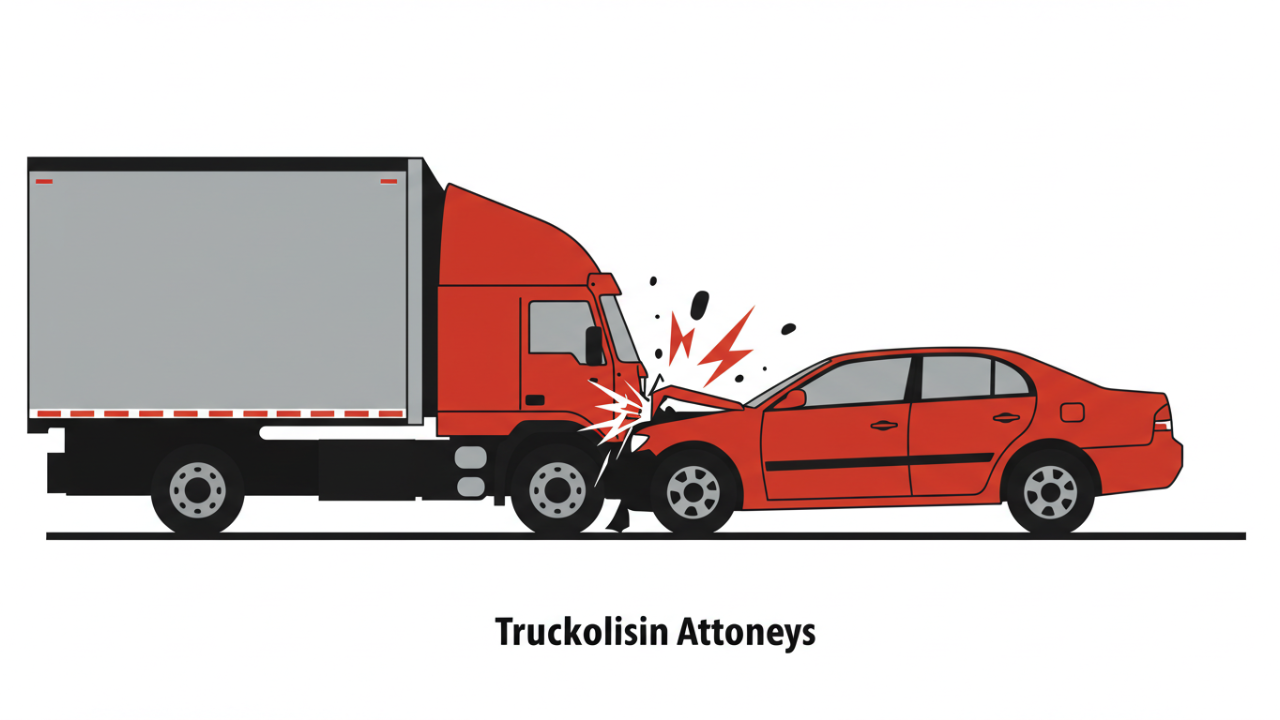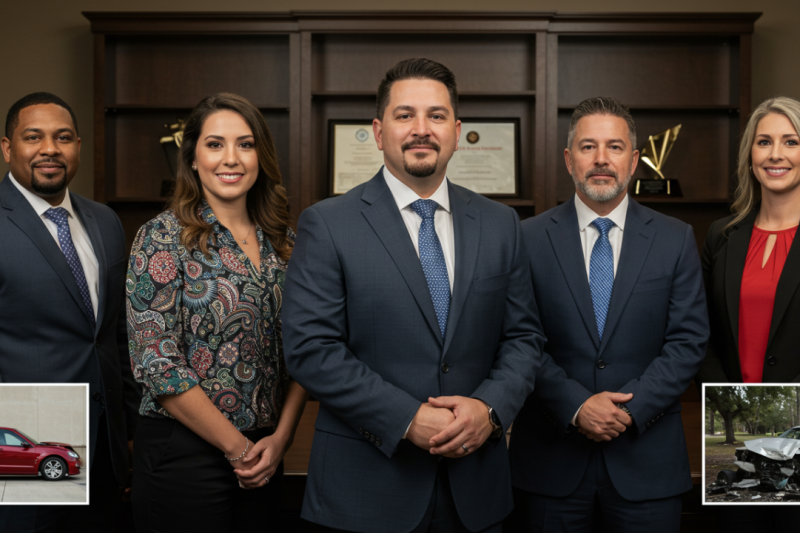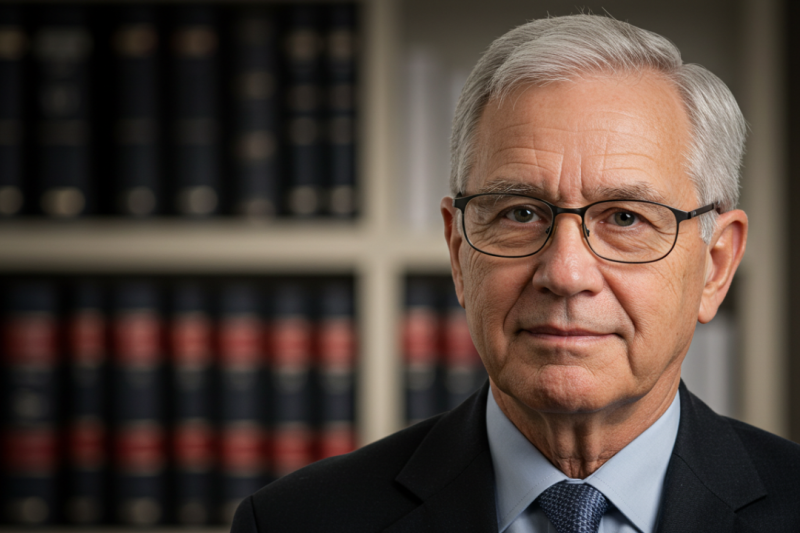Understanding Truck Collision Attorneys
Truck collision attorneys are legal professionals who specialize in representing individuals involved in accidents with commercial trucks, such as semi-trucks, tractor-trailers, or delivery vehicles. These attorneys possess in-depth knowledge of federal and state regulations governing the trucking industry, including those enforced by the Federal Motor Carrier Safety Administration (FMCSA). Their expertise extends beyond general personal injury law, focusing on the unique complexities of truck-related incidents, which often involve multiple parties, extensive documentation, and intricate liability determinations.
Key Responsibilities of a Truck Collision Attorney
A truck collision attorney undertakes several critical tasks to advocate for their clients. Initially, they conduct thorough investigations, gathering evidence such as black box data from the truck, driver logs, maintenance records, and witness statements. They also collaborate with accident reconstruction experts to establish fault. In negotiations, these attorneys engage with insurance companies, trucking firms, and other stakeholders to secure fair settlements. If litigation becomes necessary, they represent clients in court, presenting compelling arguments supported by evidence. Throughout the process, they ensure compliance with statutes of limitations, which vary by jurisdiction but typically range from one to three years for personal injury claims.
The Importance of Specialized Legal Representation
Engaging a truck collision attorney is essential due to the heightened severity of truck accidents compared to standard vehicle collisions. According to data from the National Highway Traffic Safety Administration (NHTSA), large trucks were involved in approximately 5,000 fatal crashes annually in recent years, with a notable increase in incidents involving underride collisions and jackknifing. These accidents frequently result in catastrophic injuries, such as traumatic brain injuries, spinal cord damage, or wrongful death, necessitating specialized legal support to address the multifaceted challenges.
Without expert representation, victims may face disadvantages when dealing with powerful trucking companies and their insurers, who often employ tactics to minimize payouts. A specialized attorney levels the playing field by identifying all liable parties, including the driver, the trucking company, manufacturers, or cargo loaders, under doctrines like vicarious liability or negligence per se.

Common Causes of Truck Collisions
Truck collisions arise from a variety of factors, many of which stem from the operational demands of commercial trucking. Driver fatigue is a prevalent issue, exacerbated by long hours on the road; FMCSA regulations limit driving to 11 hours within a 14-hour window, yet violations are common. Mechanical failures, such as brake malfunctions or tire blowouts, contribute significantly, often due to inadequate maintenance. Distracted driving, including the use of mobile devices, and impaired operation from substances also play roles. Environmental factors, like adverse weather or poor road conditions, compound these risks, while overloading or improper cargo securing can lead to loss of control. Understanding these causes helps victims build stronger cases by pinpointing negligence.
Steps to Take After a Truck Collision
Immediate actions following a truck collision can profoundly influence the outcome of a legal claim. First, prioritize safety by moving to a secure location if possible and contacting emergency services. Document the scene comprehensively: photograph vehicle damage, road conditions, skid marks, and injuries. Collect contact information from witnesses and exchange details with the truck driver, including the company’s information. Seek medical attention promptly, even if injuries seem minor, as some conditions like whiplash or internal bleeding may manifest later. Avoid discussing fault at the scene or signing any documents from insurers without consulting an attorney. Report the incident to your insurance provider and preserve all related records, such as medical bills and repair estimates.
Navigating the Legal Process in Truck Collision Cases
The legal journey begins with an initial consultation, where the attorney evaluates the case’s viability based on evidence and applicable laws. If retained, they file a claim or lawsuit, often starting with a demand letter to the at-fault parties’ insurers. Discovery follows, involving the exchange of information and depositions. Settlement negotiations may resolve the matter out of court, but if unsuccessful, the case proceeds to trial, where a judge or jury determines liability and damages. Throughout, the attorney manages deadlines, such as the two-year statute of limitations in many states for negligence claims. Appeals are possible if errors occur during trial, though they extend the timeline.
Potential Compensation in Truck Collision Cases
Victims of truck collisions may pursue various forms of compensation to address their losses. Economic damages cover quantifiable expenses, including medical treatments, rehabilitation costs, lost wages, and property damage. Non-economic damages compensate for intangible harms, such as pain and suffering, emotional distress, or loss of consortium. In cases of gross negligence, punitive damages may be awarded to deter similar conduct. The average settlement for truck accident cases can range from $100,000 to over $1 million, depending on injury severity and liability clarity. Factors influencing amounts include the extent of injuries, long-term impacts on quality of life, and the strength of evidence supporting the claim.
How to Select the Right Truck Collision Attorney
Choosing an appropriate attorney requires careful consideration. Begin by researching professionals with proven experience in truck collision cases, verified through case histories or client testimonials. Verify their credentials, including bar association membership and any certifications in personal injury law. Schedule consultations—many offer these at no cost—to discuss your case and assess their communication style and strategy. Inquire about their fee structure, typically contingency-based, meaning payment only upon successful recovery. Evaluate their resources, such as access to expert witnesses, and ensure they operate in your jurisdiction. Prioritize attorneys who demonstrate empathy and a commitment to personalized representation.
FAQ
What is the difference between a truck collision attorney and a general personal injury lawyer?
A truck collision attorney specializes in the regulatory and evidentiary nuances of commercial truck accidents, whereas a general personal injury lawyer handles a broader range of cases without the same depth in trucking-specific laws.
How long does it take to resolve a truck collision case?
Resolution timelines vary, typically spanning six months to two years for settlements, or longer if the case goes to trial. Factors include case complexity, negotiation progress, and court schedules.
Can I handle a truck collision claim without an attorney?
While possible, it is inadvisable due to the involvement of sophisticated parties and complex regulations. Self-representation often results in lower compensation or overlooked liabilities.
What if the truck driver was not at fault?
Liability may extend to other entities, such as the trucking company for poor hiring practices or manufacturers for defective parts. An attorney can investigate to identify all responsible parties.
Are there caps on damages in truck collision cases?
Some jurisdictions impose limits on non-economic or punitive damages, but these vary by state. Federal regulations may also influence cases involving interstate commerce. Consult an attorney for specifics in your area.



